Many people drink alcohol claiming that it helps sleep better and deeper. Sound sleep is a prerequisite for a healthy lifestyle has been believed and evidenced since quite a long time.
According to the National Sleep Foundation, “Sleep is just as important as diet and exercise.” Another research by the Sleep Disorder Center says that “Humans are the only creature on the planet that delays its sleep” for other activities such as for work, entertainment, celebrations, web browsing, traveling, and sex.
Alcohol & Sleep
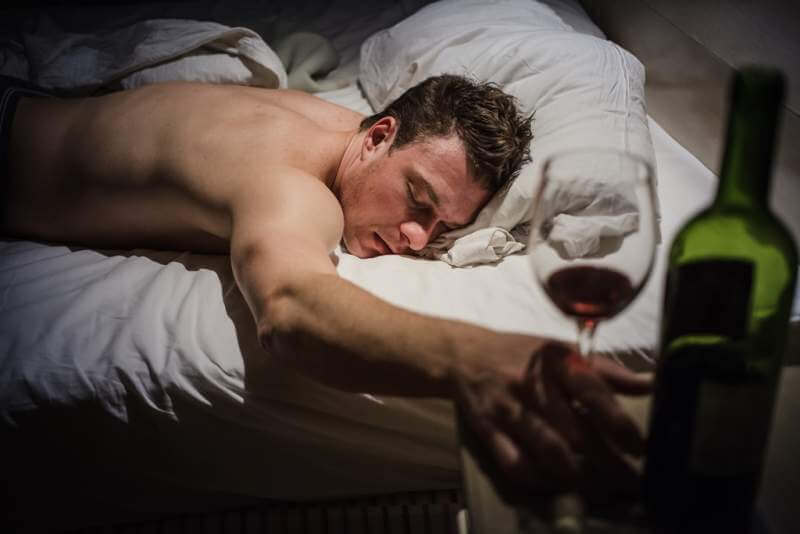 Alcohol has become an inseparable part of our society – though it has always been that. From social gatherings to letting out the emotions and to enjoying certain celebrative occasions, there are a host of occasions when people consume alcohol happily without a single sign of guilt.
Alcohol has become an inseparable part of our society – though it has always been that. From social gatherings to letting out the emotions and to enjoying certain celebrative occasions, there are a host of occasions when people consume alcohol happily without a single sign of guilt.
Some people, you must have seen, fall asleep right after gulping down a few pegs. Given that, many people drink before getting into bed, so they could get a good sleep.
However, if you think that nightcaps may help you get a good night’s sleep, this blog is going to be an eye opener.
Whilst a couple of glasses of wine can indeed make you sleepy, there’s a lot more going on in the body and brain when you drink. Alcohol may help you sleep quicker and longer, but studies have found that it reduces Rapid Eye Movement (REM) Sleep, if consumed on a regular basis.
REM sleep happens after about 90 minutes of sleeping and this is the stage when you actually see dreams. Reduced REM sleep causes drowsiness, tiresomeness, and lack of concentration during the daytime.
Some people feel like alcohol helps them sleep. However, this is not exactly what happens. Initially it might look like it is helping you, but later on, during the second half of the night when you are in REM sleep, it creates disruptions in your breathing patterns. To be specific, it creates regular pauses in breathing, which keeps happening throughout the night.
The more you drink, the more problems you face in the long run. An article on WebMD.com says that alcohol should never be taken as sleep aid, because doing so makes you an alcohol addict and soon or later, you will not be able to sleep without your daily dose.
Sleepwalking
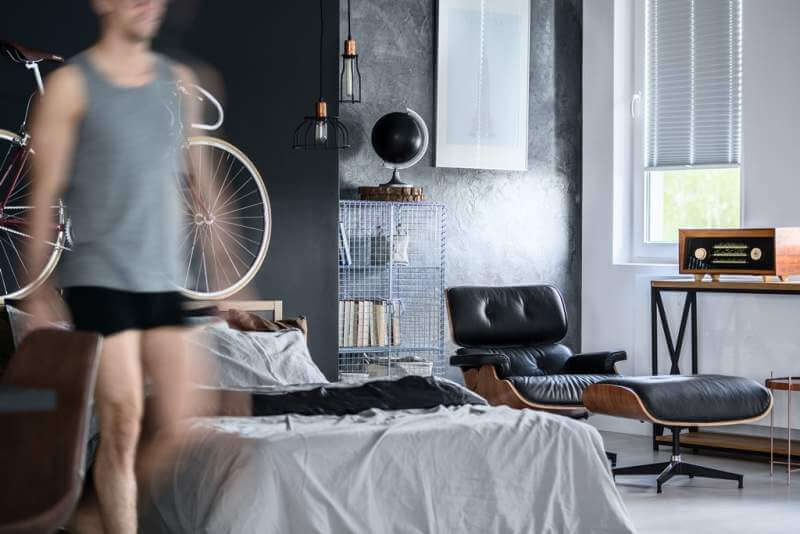 Sleepwalking is a combined state of sleeping and wakefulness, in which you are walking while sleeping and you have no conscience that you are walking. It is a serious sleeping disorder, sometimes a deadly one, in which you walk wherever your unconscious mind takes you. Activities such as cooking and driving are also common for an up-level sleepwalker. In this condition, the individual appear awake, but he has no consciousness and does not remember the activities he did while sleepwalking.
Sleepwalking is a combined state of sleeping and wakefulness, in which you are walking while sleeping and you have no conscience that you are walking. It is a serious sleeping disorder, sometimes a deadly one, in which you walk wherever your unconscious mind takes you. Activities such as cooking and driving are also common for an up-level sleepwalker. In this condition, the individual appear awake, but he has no consciousness and does not remember the activities he did while sleepwalking.
Typically sleepwalking occurs in children 6 to 12 years old, however adults also develop it due to their over-alcoholism practices. There is no treatment available for sleepwalking. Following a healthy lifestyle which involves a good, long natural sleep can be a sure fix for the problem.
Sleep talking
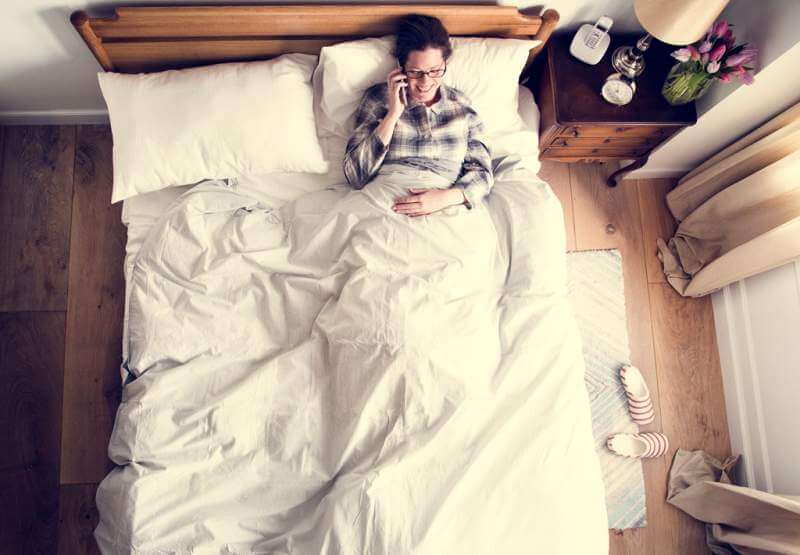 Sleep talking is also an REM sleep disorder, belonging to the parasomnia family of insomnia. The talking can be humble to loud. Some people talk with their eyes closed, other with their eyes wide open.
Sleep talking is also an REM sleep disorder, belonging to the parasomnia family of insomnia. The talking can be humble to loud. Some people talk with their eyes closed, other with their eyes wide open.
According to National Sleep Foundation, an individual acts out vivid, often due to violent dreams, tiresomeness, or not being able get enough sleep. Some people shout, scream, hit and punch while sleep talking.
Too much alcohol consumption puts you at risk of this REM sleep disorder. Over consumption does allow you to sleep quickly. But in your mind, after you fall asleep, there are many things rolling around. This brings forward the possibility of sleep talking. Usually not a very worrying condition, the patient can consider physician’s consultation or joining an alcohol rehab program based on the frequency of sleep walking incidences.
Restless second half of the night
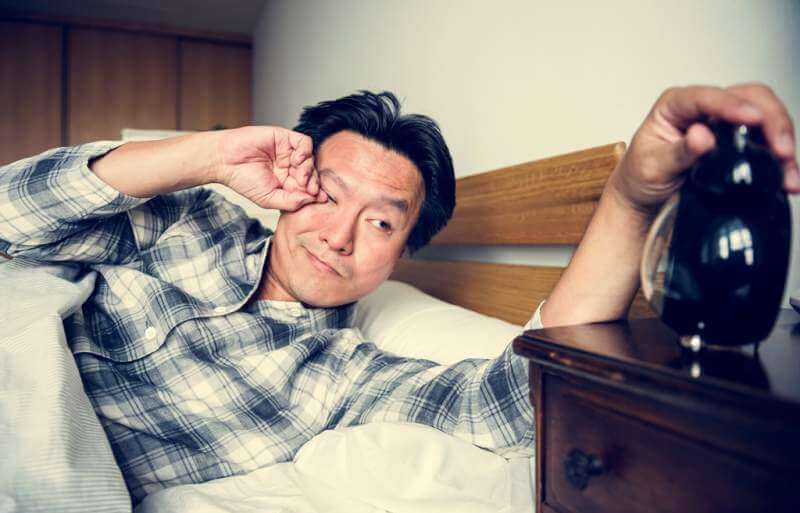 Boozing can help you doze off easily during the first part of the night, but in the second half, there will be plenty of inconveniences and restlessness for you. Most drinkers awake early morning for no reason.
Boozing can help you doze off easily during the first part of the night, but in the second half, there will be plenty of inconveniences and restlessness for you. Most drinkers awake early morning for no reason.
Excessive sweating
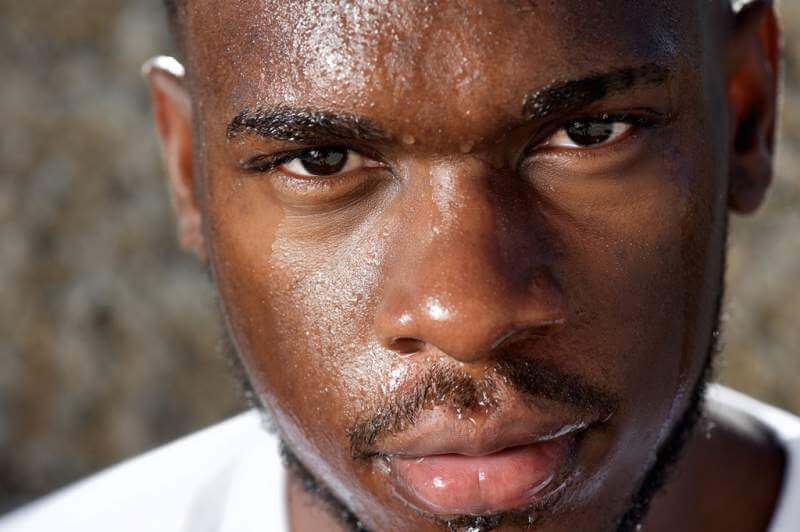 Alcohol warms you up. In near-polar regions, people take alcohol to keep themselves safe from the harsh effects of the chill.
Alcohol warms you up. In near-polar regions, people take alcohol to keep themselves safe from the harsh effects of the chill.
You would not believe that even a chilled beer can increase your body’s temperature. Sometimes the body temperature reaches so high, that your body sweats like hell to maintain its cool.
In other (non-polar) regions, if you nod off quickly after drinking, you might find yourself awake during the second half of the night. And then it will be difficult for you sleep again that night.
Snoring
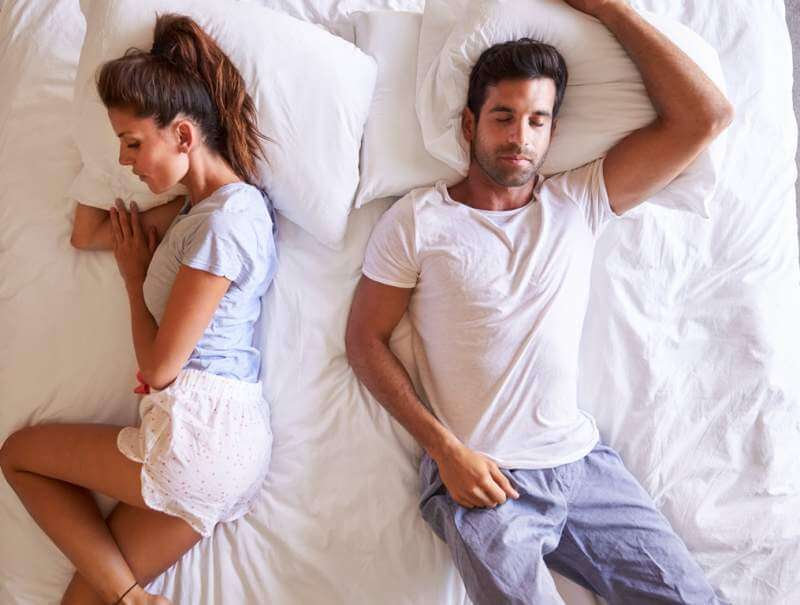 You may be surprised to know that snoring and alcohol consumption are related. You are most likely to snore loudly after a few hard drinks.
You may be surprised to know that snoring and alcohol consumption are related. You are most likely to snore loudly after a few hard drinks.
Alcohol relaxes the muscles of your body in addition to slowing down the functionality of your brain. It makes your jaw and throat muscles to become so saggy, blocking your airway. Once blocked, snoring happens. Besides, snoring in some cases can be a warning sign for many upcoming health problems.
Peeing a lot
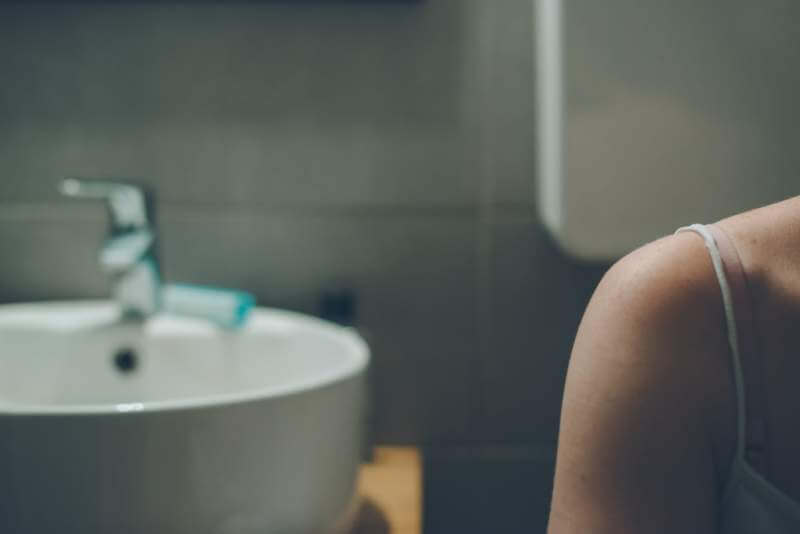 Alcohol makes you pee a lot repeatedly. Believe it or not, it has been evidenced in various medical journals. You can easily see long queues in front of the pub’s toilet on Friday and Saturday nights.
Alcohol makes you pee a lot repeatedly. Believe it or not, it has been evidenced in various medical journals. You can easily see long queues in front of the pub’s toilet on Friday and Saturday nights.
Liquor also reduces the production of vasopressin hormone which controls the kidney’s function of flushing the water out of the body.
No dreams
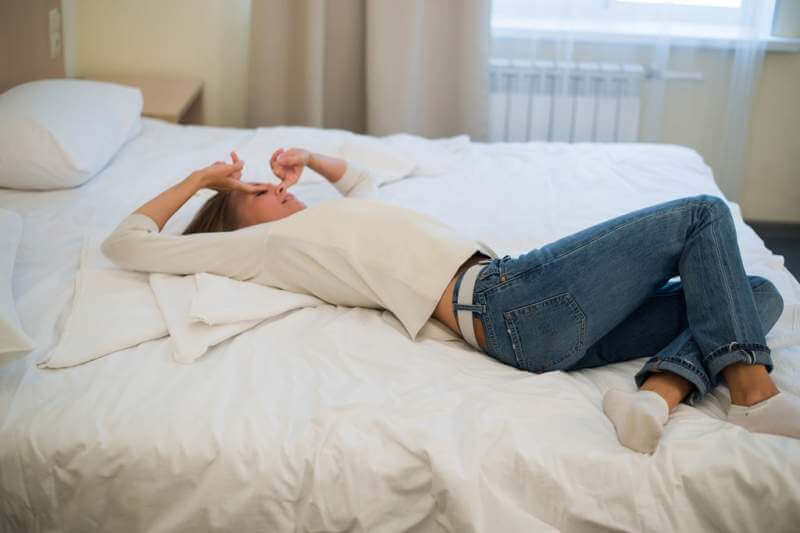 Dreams play an important role in our everyday life and brain health. Just imagine your life without dreams!
Dreams play an important role in our everyday life and brain health. Just imagine your life without dreams!
As mentioned earlier in the blog, alcohol intakes affect your REM sleep. You can have intense dreams during your REM sleep as it is the time when your brain is more active.
However, some people experience vivid dreams after alcohol consumption. Many people get no dream at all.
Well, these are just some of the sleep disorders caused by over-alcoholism. Your lifestyle habits have an adverse effect on your overall health, including your heart, brain, stomach, kidney, liver, and body shape.
Some people think moderate consumption can be okay; however, this can also make you dependent on alcohol. It is advisable to avoid alcohol as much as you can and focus on leading a natural, healthy, active, disease-free lifestyle. If you are trying to quit this addiction, maybe you could join an alcohol rehab program.
